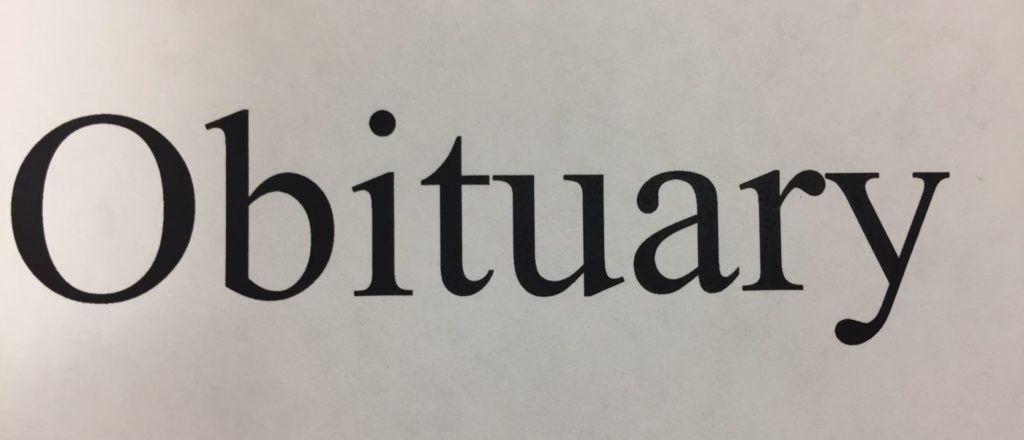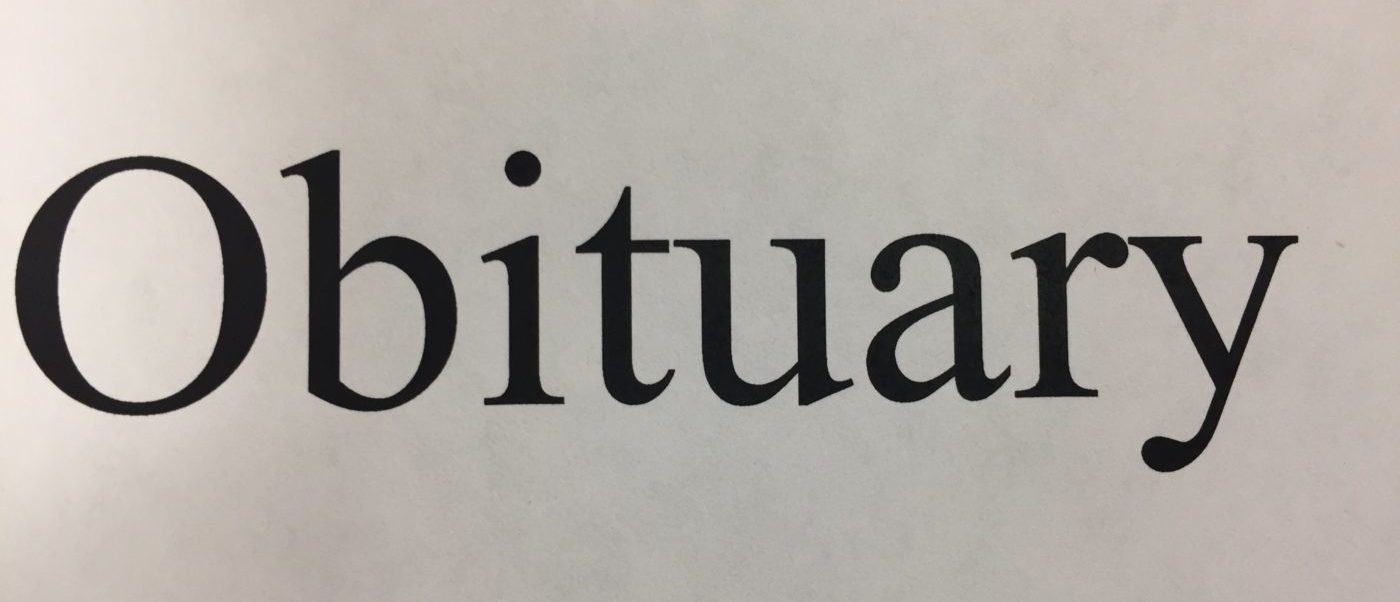This article is original content written by Manchester, CT Financial Advisor Thomas Scanlon, CFP®, CPA

Really?
It’s difficult enough when someone passes away. It’s even more difficult when someone passes away with minor children. It’s unbelievable when someone with minor children passes away and has not appropriately planned for the funding of their education. It’s one thing if you are not insurable. I get that. If you are in this unfortunate position hopefully you saved and invested like crazy and have kept your debts very manageable. It’s a total other thing if you are insurable and chose not to protect your family. There is no excuse for that. Everyone has a daily Complimentary 1,440 Credit Card. Use it wisely. Last I looked the odds of passing away are 100%. Sure, you might be able to extend your run if you Diet and Exercise but the odds are still 100%.
Estate Plan
Everyone needs an estate plan. Repeat, everyone needs and estate plan. Sure, Warren Buffet has more estate planning techniques available to him than the Average Joe. That’s not the point. Everyone has some stuff and on some level know who and when they want to get it after they pass away. That’s what basic estate planning is. The essential building blocks of an estate plan are:
- A Will
- Power of Attorney
- Health Care Proxy
Additionally, some folks might need a trust. Unless a life insurance policy is owned by an irrevocable trust, the proceeds are includable in a decedent’s estate. The Federal Estate Tax Exemption is $12.92 million in 2023. This exemption is indexed to inflation. The Federal Estate Tax Rate is 40%. In 2023, the State of Connecticut Estate Tax Exemption is only $11.4 million and is not indexed to inflation. The State of Connecticut tax rate is12%. The most common trust used is an Irrevocable Life Insurance Trust (“ILIT”). Care needs to be exercised when adopting an ILIT and maintaining it. Consult with an experience estate planning attorney to see if this is appropriate for you and what is involved.
Our experience is that some married couples get their estate planning documents drafted but then they don’t get them completed. They agree on everything except one thing, who is going to be the guardian of their minor children if they both pass away. The wife says to her husband, “There is no way your brother is going to be the guardian of our children. He can’t get out of his own way.” Of course the husband replies, “We are not going to have your former college roommate that lives six states away from us be their guardian.” And the drafted estate planning documents sit in the desk drawer and don’t get executed.
Yikes!
Get these documents executed, even if you ultimately can’t stand the guardian of your children. Keep in mind, these documents can always be changed at any time. If the documents are not executed there is nothing to change. Your family is exposed. Remember, You Only Get a Mulligan in Golf.
If you don’t have an estate plan the state will take care of this for you. In Connecticut they have rules called intestacy rules. These apply when the decedent does not have a will. This is not where you want to be; down at the local probate court and having the state deciding how your assets are to be distributed. These intestacy laws are very archaic and can cause some very poor outcomes for folks. Here are the Estate Planning Lessons From My Mom’s Estate.
Debts and Cash Flow
It’s important to understand your debts and cash flow. Knowing these numbers will assist you with how much insurance is appropriate in your situation. A simple personal balance sheet and profit and loss will give you the information you need. You need to be able to say I Did The Math.
Term Insurance
With term insurance there is just a death benefit paid when the insured passes away. There is no investment component like there is with permanent insurance. When you get term insurance think of this as renting a policy. You pay an annual premium. If you don’t pass away (which is a good thing) you don’t get anything back. When you have an annual renew term policy there really is no commitment. Term insurance is fairly inexpensive as you are only paying for the death benefit.
People with dependents should consider looking at level term life insurance. Dependents are minor children and could be your spouse. With level term life insurance you are locking in the amount of the annual premiums for a certain period of time. For example, you could get a level term premium policy for ten, twenty or even thirty years. During this time the annual premiums will remain the same. For example, a thirty year old non-smoker could get a $250,000 twenty year level term policy. The annual premiums would be about $335 a year or about $28 a month. Just about everyone can squeeze out $28 a month to protect your family. 1)
Generally life insurance costs less when you are younger. As you get older life insurance costs more. Why is this? When you are younger the odds of you passing away are very low. As you age, the odds of you passing away increase. Therefore the insurance companies charge higher premiums when you are older.
Some employers offer group term life insurance. Employers can provide employees up to $50,000 of group term life insurance as a tax-free fringe benefit. Amounts over the $50,000 paid by the employer are a taxable fringe benefit to the employee. Employees need to determine what life insurance is available from their employer.
Term insurance is the sweet spot for many folks. If you have dependents you will likely need some insurance. Term insurance premiums are very reasonable. Get some. Get it now.
Permanent Insurance
In addition to the death benefit, permanent insurance offers an investment component with the policy. Permanent insurance costs more than term insurance as you are paying for this investment component. Unlike term insurance when you purchase permanent insurance you are making a commitment. You have made a decision to pay the premiums annually for many years. This is not a legal commitment. Of course you can stop paying the premiums whenever you want. This will cause the policy to lapse and you will no longer have the policy in effect.
Permanent life insurance policies can have lot of bells and whistles with them. They can get complicated quickly. Understandably this may turn a lot of folks off. That’s fine. There is no rule that says you must own permanent insurance.
When looking at these policies it becomes a matter of what your goals and objectives are in deciding which one works for you.
1) www.valuepenguin.com
Any opinions are those of the author and not necessarily those of Raymond James. The foregoing information has been obtained from sources considered to be reliable, but we do not guarantee that it is accurate or complete, it is not a statement of all available data necessary for making an investment decision, and it does not constitute a recommendation. All opinions are as of this date and are subject to change without notice. Investing involves risk and you may incur a profit or loss regardless of strategy selected, including asset allocation and diversification. Past performance is not a guarantee of future results.
